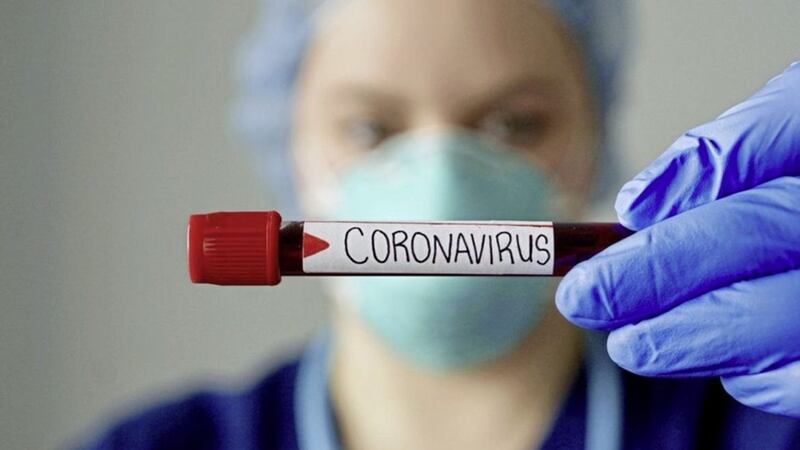ANOTHER 12 deaths of people in Northern Ireland who had tested positive for Covid-19 were recorded yesterday, with 487 further cases in the previous 24 hours.
This means a total of 3,401 cases have now been diagnosed over the last seven days, with 41 patients with the virus on intensive care wards - two fewer than Wednesday.
There were 456 people with coronavirus in the north's hospitals yesterday.
The most cases in that period have been in Belfast where there were 616 new infections over the last seven days - 110 fewer than the same time last week.
In the Republic, the Department of Health has been notified of four further deaths of people with Covid-19 and 429 new cases of the disease.
The number of people in Iintensive care was unchanged at 33, with 290 patients with coronavirus in hospitals.
The National Public Health Emergency Team is concerned that progress in tackling Covid-19 in the south has slowed significantly over the past week, with new confirmed cases of the virus are running at just over 400 per week - broadly unchanged on the situation one week ago.
Chief Medical Officer Dr Tony Holohan said he is becoming increasingly concerned that the progress made during the first three weeks of the Level 5 restrictions has not been maintained.
Professor Sam McConkey said the increased rate of infection levels in the past week appeared to be linked to people partying over the Halloween period.
However, health officials are considering relaxing some coronavirus restrictions to allow visits to nursing homes at Christmas.
Dr Colm Henry, of the National Public Health Emergency Team (Nphet), said"regardless of the level" of restrictions, they would find a way to facilitate Christmas visits.
"It's clear now the impact this is having on a particularly vulnerable population, for whom visits from loved ones and family members, that's the most important part of their lives," he said.
"And from which they might suffer a great deal in its absence. So, this has been discussed, we're looking at ways ... there is a provision if you look at the guidelines of exceptions made for compassionate reasons."
He said an interpretation of those guidelines is currently being looked at. Dr Henry believes it can be achieved safely.








